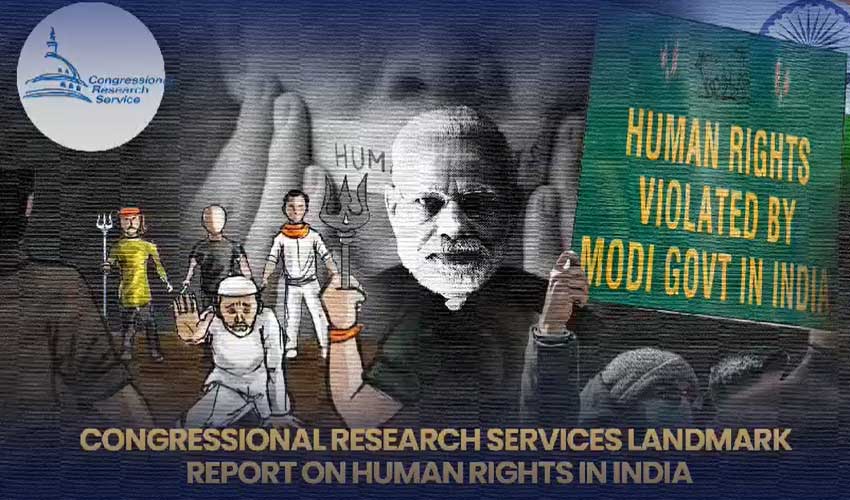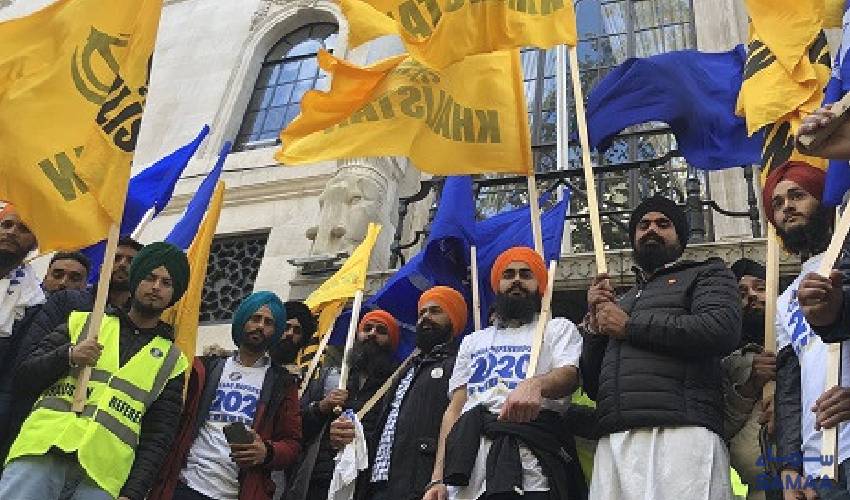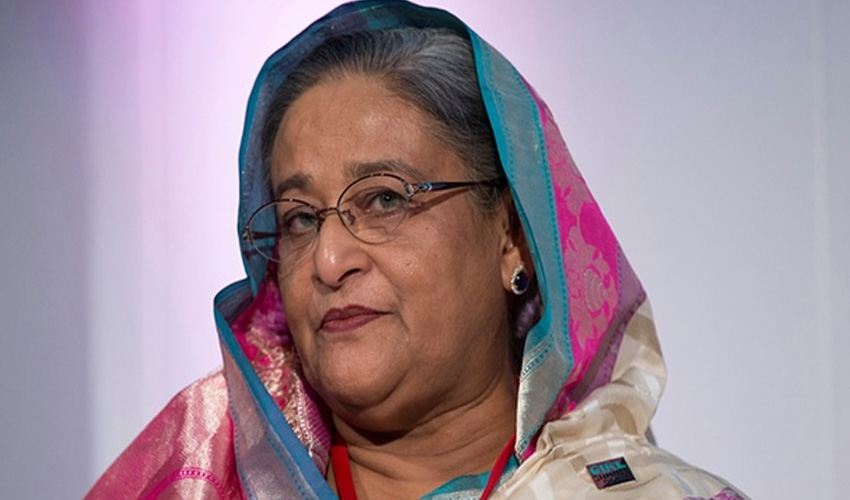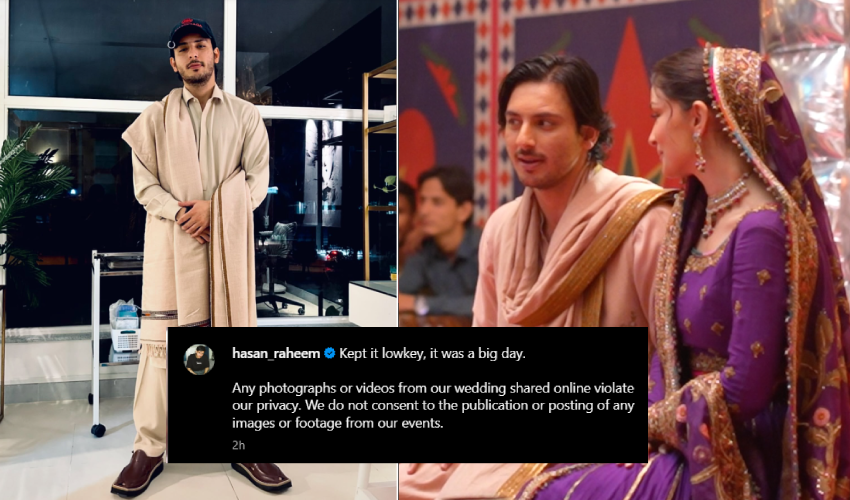A recent report by the Congressional Research Service (CRS) has spotlighted India for serious human rights violations, drawing international concern.
The world's largest democracy has been repeatedly criticized for its treatment of minorities, especially Muslims, who face widespread atrocities.
According to the April 2024 CRS report, India has been guilty of numerous serious human rights violations. The report states, "The Indian government has not taken any action against the officials who have been found involved in human rights violations."
It further highlights a sharp increase in such violations since Narendra Modi came to power in 2019.
The Varieties of Democracy Project (V-Dem), based in Sweden, recently labeled India as one of the worst dictatorships of the past decade.
Earlier in 2021, the American Freedom House's report warned, "Extremist Modi and his party are leading India towards a worst dictatorship."
Also read: Hawal Massacre: Kashmiri victims await justice 34 years on
CRS notes violent incidents against religious minorities, particularly Muslims, who face harassment, threats, and even murder.
Extremist groups have been reported to attack Muslims for cow slaughter or trade, with a rise in these incidents over the years.
Christians, the second-largest minority group affected, endure an average of 11 violent attacks per week.
US Secretary of State Antony Blinken remarked in 2022 that some Indian officials participate in attacks on minority worship places and also facilitate these assaults.
The US Commission on International Religious Freedom recommended in 2020 that India be designated a country of particular concern under the International Religious Freedom Act.
The Press Freedom Report 2023 also expressed significant concerns regarding freedom of expression in India.
Also read: Modi's praise of Uttar Pradesh CM sparks controversy
The report cited severe restrictions on internet access, censorship of online content, and pressure on digital media, which undermine freedom of speech.
India was labeled the "world's biggest offender" for internet blackouts for the fifth consecutive year, with 84 instances recorded in 2022 alone.
Additionally, the CRS report criticized India's anti-trafficking efforts as inadequate, with an 84 percent acquittal rate for traffickers.
The constitutional changes made to Kashmir's status in 2019 were seen as further marginalizing minorities.
In Kashmir, security forces have detained people without charge under the Special Powers Act, leading to serious human rights abuses.
The report also highlighted widespread oppression of women in India, including sexual violence, forced marriages, femicide, enforced disappearances, and child abuse.
The conflict between the Kuki and Meitei tribes in Manipur has resulted in significant human rights violations, adding to the troubling human rights landscape.
This report paints a grim picture of rising Hindu extremism and the deteriorating human rights situation in India.



























